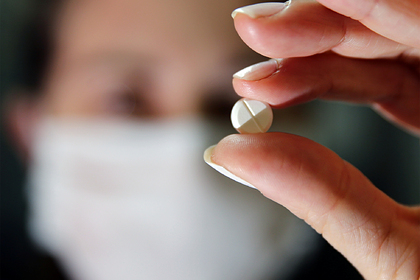US Scientists: Taking Most Immunosuppressants Does Not Increase Your Risk of Dying from COVID-19 
immunosuppressants – drugs that suppress the immune system – do not increase the risk of severe COVID-19 or death from infection. The only exception was one drug – Rituximab. An article by scientists was published in The Lancet Rheumatology.
At the onset of the pandemic, it was believed that people taking immunosuppressive drugs were at increased risk. However, it then turned out that a significant part of the damage to organ tissue in severe COVID-19 was caused not directly by the virus, but by overly strong immune responses. Therefore, some doctors even started using immunosuppressants for coronavirus infection. However, it remained unclear whether long-term use of these common drugs increases or decreases the risk of severe COVID-19.
A team of American scientists led by specialists from Johns Hopkins University analyzed the data of electronic medical records of 222.5 thousand patients hospitalized with COVID-19 from January 2020 to June 2021. More than 16 thousand of them took immunosuppressants before hospitalization. The researchers divided the 303 study drugs into 17 classes. None of them turned out to be associated with an increased risk of mechanical ventilation of the patient's lungs – a sign of a severe course of coronavirus infection.
The only exception was one drug – Rituximab. They are chimeric monoclonal antibodies that target B cells and are used for serious medical conditions – cancer or autoimmune diseases – when other drugs have failed. Its use has been associated with a significant increase in the risk of death. For 153 cancer patients who took it, the risk of death was more than doubled, and for 100 patients with rheumatic diseases, it was 72 percent.